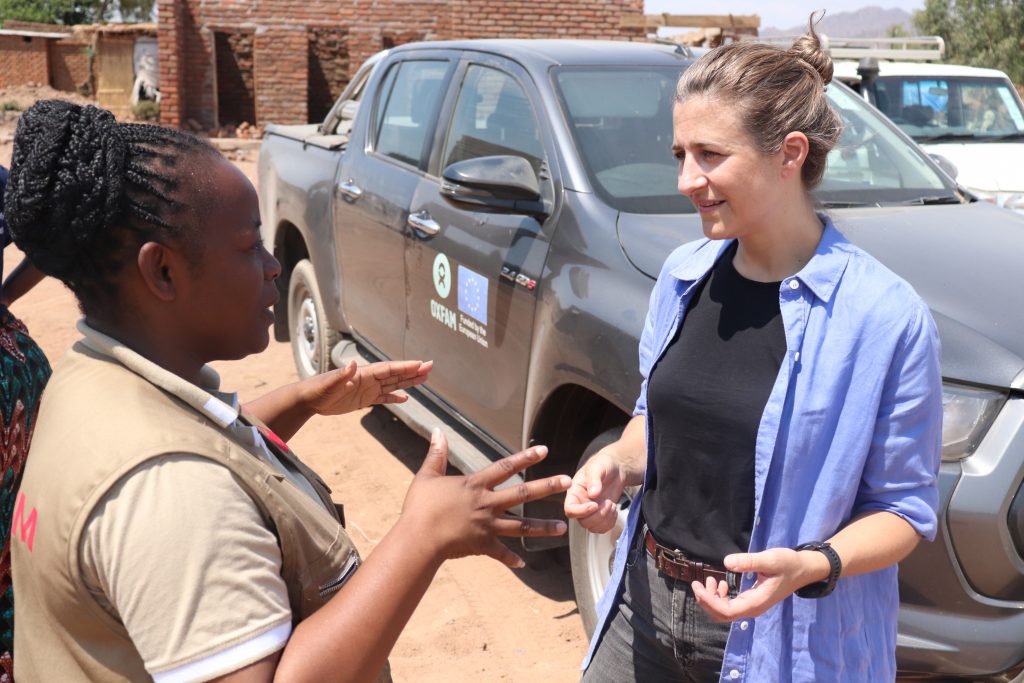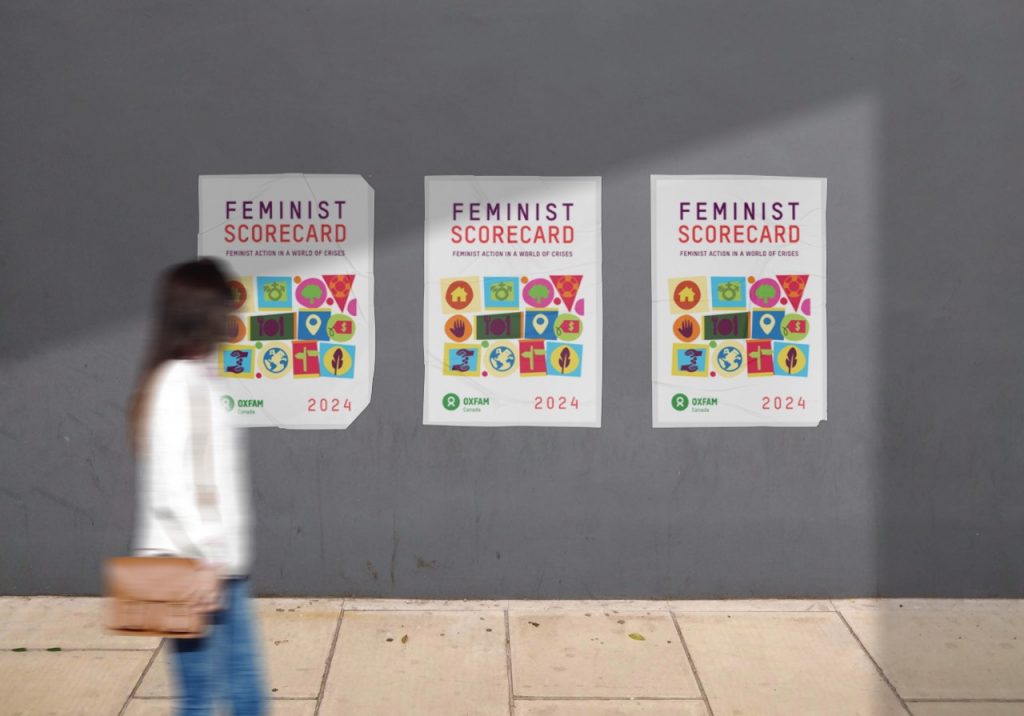Time for change: UN Security Council demands humanitarian access across Syria
“This resolution should not have been necessary”, UN Secretary General Ban Ki Moon told the 15 member states of the UN Security Council on their unanimous adoption of a resolution demanding humanitarian access across Syria. Despite strong words in the past, including a presidential statement from the Security Council last October, millions upon millions of people across Syria continue to wait desperately for the assistance they need but cannot reach.
The carefully-negotiated resolution represents a welcome display of international unity – so sorely lacking in response to the Syria crisis – but the true test remains whether this commitment will translate into real changes on the ground. The clock is now ticking. Ban Ki Moon will report back to member states on progress made within the country in 30 days, with the Council expressing its “intent to take further steps in the case of non-compliance with this resolution.”
As the crisis nears its fourth year and the ripple effects of instability continue to be felt around the wider region, the eyes of the world will be firmly trained on those fighting in the conflict and all who influence them. The fragile humanitarian pause recently negotiated in Homs that eventually allowed limited aid convoys into the old city and some of the trapped civilians to flee was welcome, but with nearly half of the pre-war population of Syria now requiring urgent humanitarian assistance, change on a massive scale is needed.
Of course aid alone cannot bring an end to the crisis. Talking to refugees in Jordan with whom Oxfam is working, there is shared sense of desperation that a political solution must be found. Nada, who fled from Homs with her husband and two sons, said “the international community should cooperate with each other to find a solution. Here in Jordan it is a thousand times better, but the blood and killing back in Syria continues. The people left in Syria will be finished and all of them will die unless something is done. I want the peace talks to end this crisis”.
It is just a week since UN mediator Lakhdar Brahimi closed the second round of Syria peace talks in Geneva with a heart-felt apology to the people of Syria that little progress had been made. The fact that both sides came together at all must be seen as a positive sign after three years of relentless conflict, but the bottom line is that talking isn’t enough – only a negotiated solution which brings an end to the bloodshed can be sufficient.
Amal, a Syrian refugee who is volunteering her time to help other refugees in Jordan, said: “I will never lose hope for a new Syria whatever happens. My message for my fellow Syrians is never to lose hope, to believe that a new Syria is coming and we should work for it. And my message for the international community is to take into consideration the souls and the suffering of the Syrians in the shadow of the crisis, especially children.”
It is for the sake of people like Nada and Amal that governments must not give up on the Geneva process. Building on the momentum from a unanimous Security Council resolution, all parties with influence should be pressing the Government of Syria and opposition representatives to resume as soon as possible – and crucially to allow a more central role in the next round of talks for women and civil society representatives. A sustainable peace will only be achieved if their voices are heard.
Camilla Jelbart Mosse is Oxfam Regional Humanitarian Response Manager.

